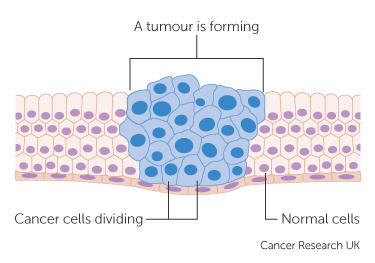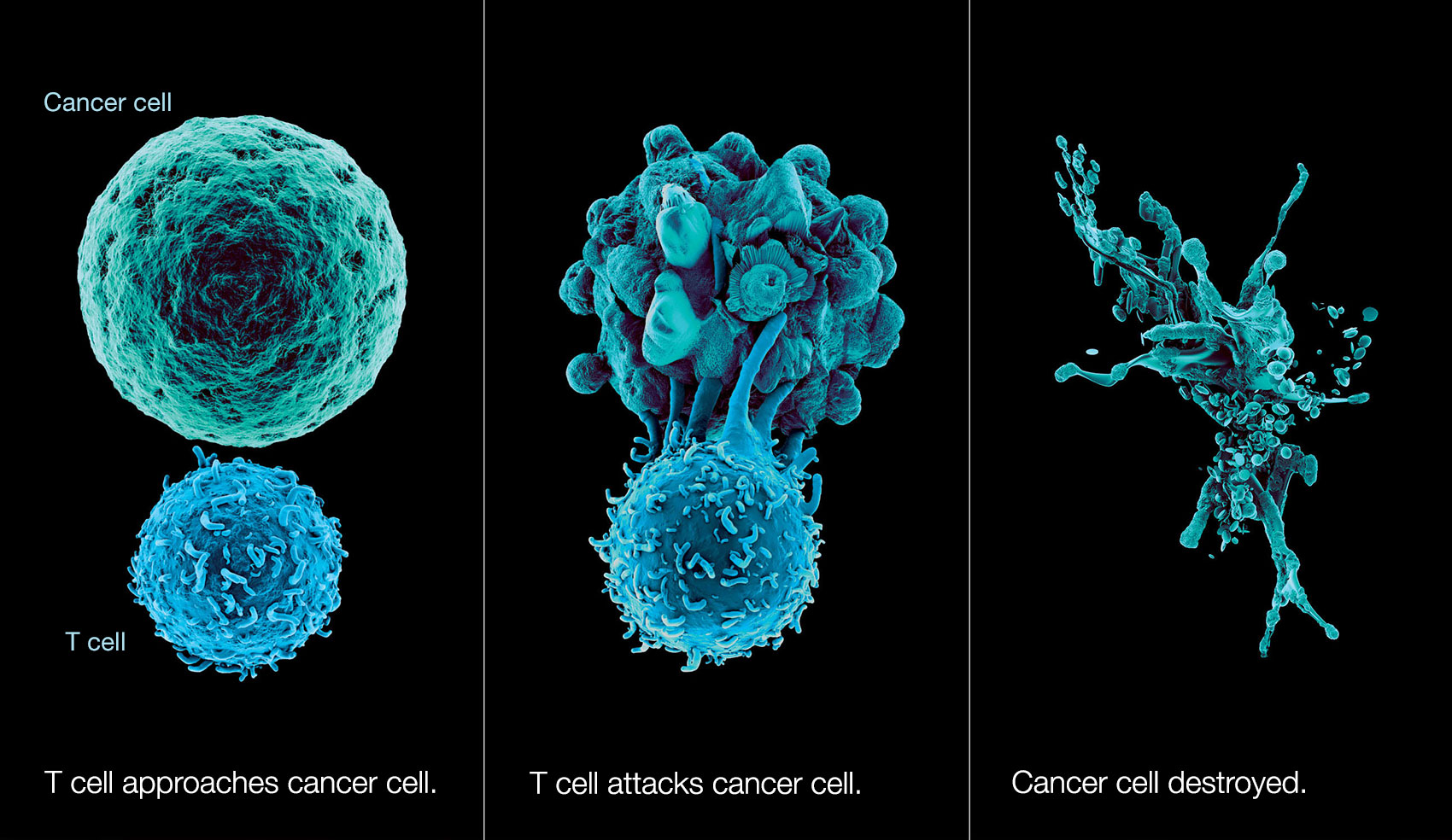
According to a research study led by UCLA, a bacteria-like agent used in combination with an immunotherapeutic drug may help patients survive longer with advanced melanoma; an aggressive skin cancer. The research examined the molecular actions of an immunotherapy drug pembrolizumab and the bacterial agent SD-101 (a pattern of nucleic acids imitating a bacterial infection) on their alteration of microenvironment enclosing a tumor. The alteration enabled the immune system to effectively increase its attack on cancer.
The immunotherapeutic drug, pembrolizumab, marketed under the brand name ‘Keytruda’, worked by inhibiting PD-1, which is a protein that exerts actions on the function of the immune system. Inhibiting PD-1 with pembrolizumab allowed the immune system cells to better recognize cancer. While Pembrolizumab is actually known for treating people with advanced or metastatic cancers, however, the majority of metastatic melanoma tumors resisted the effects of the drug. "We have found that the reason patients with metastatic melanoma do not initially respond to immunotherapy with an anti-PD-1 is that their immune system was not ready," explained Dr. Antoni Ribas, lead author, professor of medicine at UCLA’s David Geffen School of Medicine, and director UCLA Jonsson Comprehensive Cancer Center Tumor Immunology Program. "So we thought, 'What if we change that by injecting the therapeutic drug into the metastatic lesions and change the microenvironment of the cancer? It's like having a pile of wood but not having a match to light it. With this new approach, SD-101 is the match that starts the fire."

Interestingly, scientists discovered that SD-101 not only orchestrates T cells to cancer cells but also ensures the microenvironment is appropriate for T cells; allowing them to eradicate cancer cells. "For all patients with advanced cancer, immunotherapy using PD-1 inhibitors has really changed the face of cancer treatment. Unfortunately, this therapy still only works in a subset of patients," says Dr. Deborah Wong, author of the study and oncologist at the Ronald Reagan UCLA Medical Center. "This particular combination has been especially gratifying because not only does the SD-101 therapy drug induce tumor shrinkage at the actual site where it's injected, but it's working in conjunction with pembrolizumab to shrink tumors outside of the ones we're directly injecting."
The following study highlights the urge for more research behind combination therapies especially since many cancer patients do not readily respond to immunotherapy and often experience a reoccurrence of tumors post-treatment.
"We are really starting to understand the science of how immunotherapies work in patients," explained Ribas. “By understanding that, we can find more ways to make that therapy more active. One way is by combining the therapy with another agent that can overcome the resistance that some cancers have to these therapies."
Watch the video below to learn more about Melanoma!
Source: University of California - Los Angeles Health Sciences, Cancer Discovery
-
MAY 07, 2024Is It Anti-RNP or Anti-Sm/RNP?
- See More
-
APR 30, 2024Immuno-Oncology Virtual Event Series 2024
-
MAY 07, 20243rd International Biosecurity Virtual Symposium
-
JUN 06, 2024The Future of Scientific Conferencing
- See More

















































